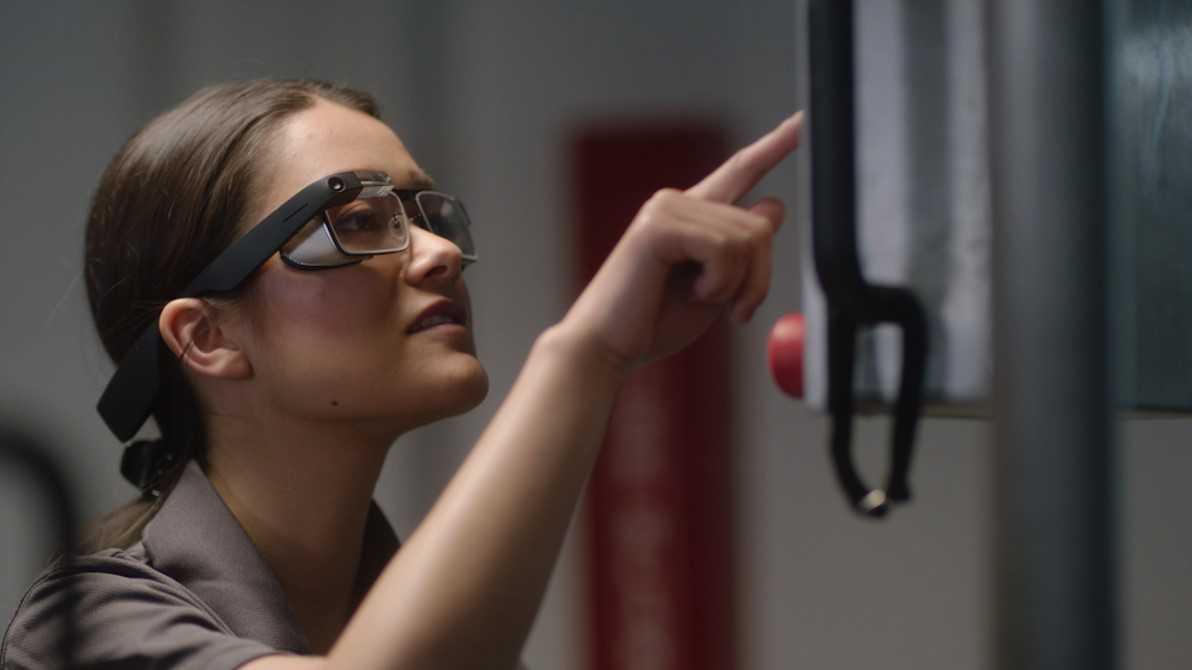In the world of consumer electronics, some ideas are simply too far ahead of their time. Google Glass was met with a tepid response when it launched back in 2013 for a hefty $1,500. Now, however, as metaverse ambitions have taken hold of every company across Silicon Valley, Google is once again venturing into glasses/headset territory, according to The Verge. The new headset, dubbed Project Iris, is reportedly offering a mixed reality experience that blends computer visuals with a real-world video feed, which potentially makes it more immersive than traditional AR headsets currently made by Snap and Magic Leap.
With Mark Zuckerberg rebranding Facebook as Meta and throwing incredible resources at building the metaverse, including hiring thousands as the company expands from Oculus Quest into more AR/VR products, and with Apple readying its own line of glasses for as early as this year, Google does not want to be left behind. The tech giant reportedly has a core team of about 300 people working on Project Iris now, and hundreds more are expected to be brought on board.
It’s worth noting that Google had previously invested in Magic Leap and in 2020 acquired smart glasses startup North. Google CEO Sundar Pichai has characterized AR as a “major area of investment,” but the company has still been keeping most of its glasses and metaverse plans close to the vest.
It’s possible that Project Iris will be tied to or launch alongside another high-tech offering, Project Starline, an ultra-high-resolution video chat booth that Google demoed last year. The Verge notes that “people who have tried Starline say it’s one of the most impressive tech demos ever,” because of its ability to recreate people you’re chatting with in hyper-realistic 3D.
People who were seen wearing the first iteration of Google Glass nearly a decade ago were disparaged as “Glassholes,” but consumer sentiment around both AR and VR has been changing in recent years and has only been fueled by continual metaverse buzz. According to Interpret’s New Media Measure®, older generations in particular are coming around on AR, as both the Gen X audience and Baby Boomers have indicated interest in wanting to know more about AR in the last year. The 40 and up crowd is now showing interest in AR that’s roughly on par with younger generations who have shown slight declines in AR interest recently.




